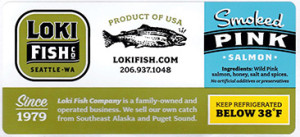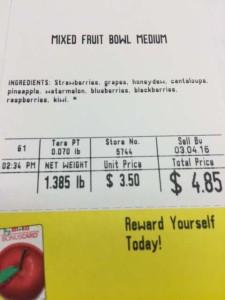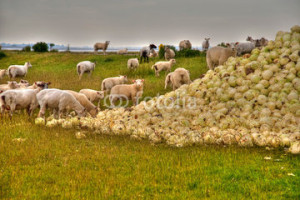Food Safety Talk, a bi-weekly podcast for food safety nerds, by food safety nerds. The podcast is hosted by Ben Chapman and barfblog contributor Don Schaffner, Extension Specialist in Food Science and Professor at Rutgers University. Every two weeks or so, Ben and Don get together virtually and talk for about an hour.
Show notes so you can follow along at home:
International Association for Food Protection
Reconcilable Differences #16: Ancient Bird – Relay FM
Tom Jones (@mmbagelz) | Twitter
Conference for Food Protection
Chipotle may be safer than ever. Seriously!
Chipotle will close Feb. 8 for company wide meeting on food safety | OregonLive.com
Chipotle Sabotaged by GMO Activists? : snopes.com
www.cdc.gov/phlp/docs/forensic_epidemiology/Additional%20Materials/Articles/Torok%20et%20al.pdf
Winter’s the Time for Norovirus | North Carolina Health News
Farmers Markets and Food-Borne Illness – The New York Times
farmers markets microbiology – Google Scholar
Air driers suck; just ask local graffiti artists | barfblog
R.E.M. – What’s The Frequency, Kenneth? (Official Video) – YouTube
Kurt Cobain: Montage of Heck – Wikipedia, the free encyclopedia
Lemmy | Documentary Film – Cosmos Documentaries | Watch Documentary Films Online
Motörhead – Ace Of Spades – YouTube
MC5 – Wikipedia, the free encyclopedia
R.E.M. LYRICS – It’s The End Of The World As We Know It (And I Feel Fine)








